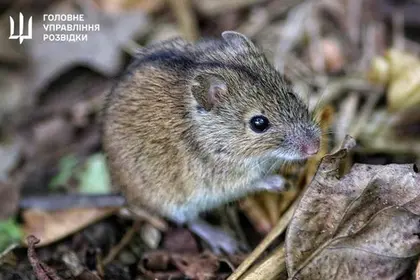On the Kupyansk front line in Kharkiv region, the combat effectiveness of Russian troops decreased due to the outbreak of the so-called “mouse fever” – hemorrhagic fever.
The Russians have begun to deploy reserve assault units to blockade the city of Kupyansk which is a crucial logistical center, as Ukraine's Army Commander Colonel-General Oleksandr Syrskyi reported on Telegram on Dec. 11.
JOIN US ON TELEGRAM
Follow our coverage of the war on the @Kyivpost_official.
On Tuesday, Ukrainian military intelligence (HUR) reported that “dissatisfaction is growing in the units of the Russian occupation army due to inadequate provision of winter clothing and a complete lack of medical care.” As a result, this disease has spread in the ranks of the Russian army, which is currently in Ukraine.
НUR stated that complaints about the fever from Russian army personnel on the front line in Ukraine were ignored by the command, considering them as another manifestation of attempts to avoid combat operations. In the first stages of the virus, “mouse fever” resembles the common flu.
According to Ukraine’s intelligence, the disease is viral and transmitted to humans from rodents through direct contact with the pathogen, inhalation of dust containing mouse feces or urine, or ingestion of contaminated food.
Symptoms of mouse fever include severe headache, fever up to 40 degrees, rashes and redness, low blood pressure, hemorrhages in the eyes, nausea, and vomiting several times a day. The disease also affects the kidneys, a person infected with mouse fever experiences intense low back pain and will have serious difficulty urinating.

Sweden to Fund Production of Long-Range Weapons for Ukraine
The HUR intelligence assessment says, with a touch of humor, that “mouse fever” has significantly reduced the combat capability of Russian “rats.”
You can also highlight the text and press Ctrl + Enter






